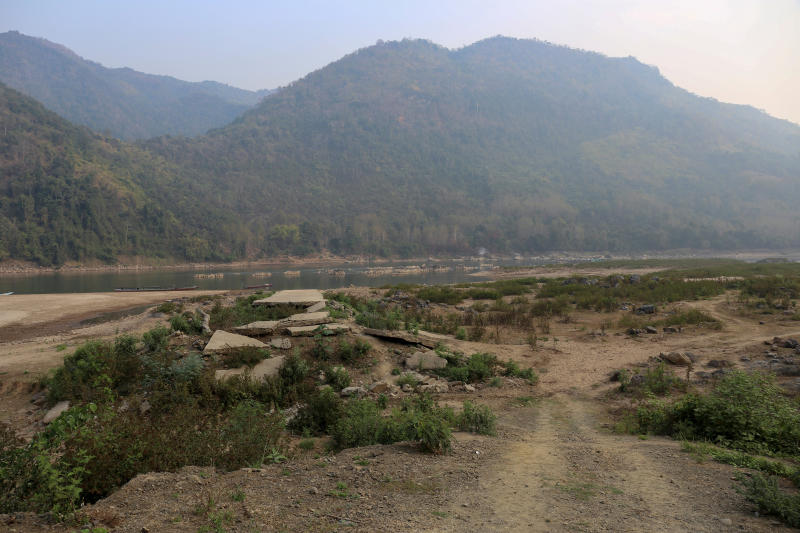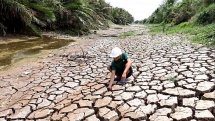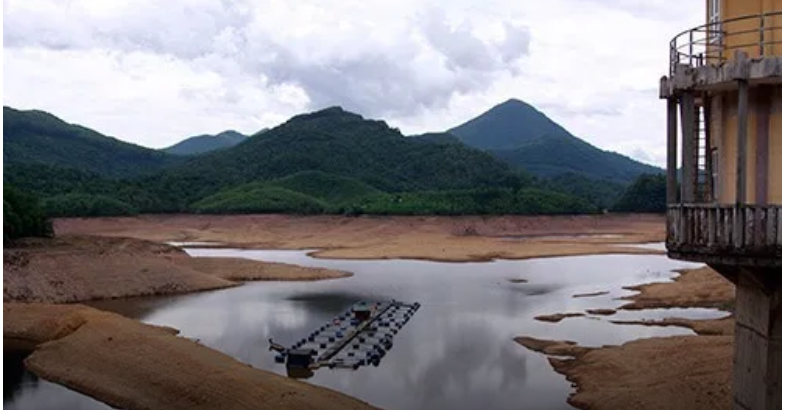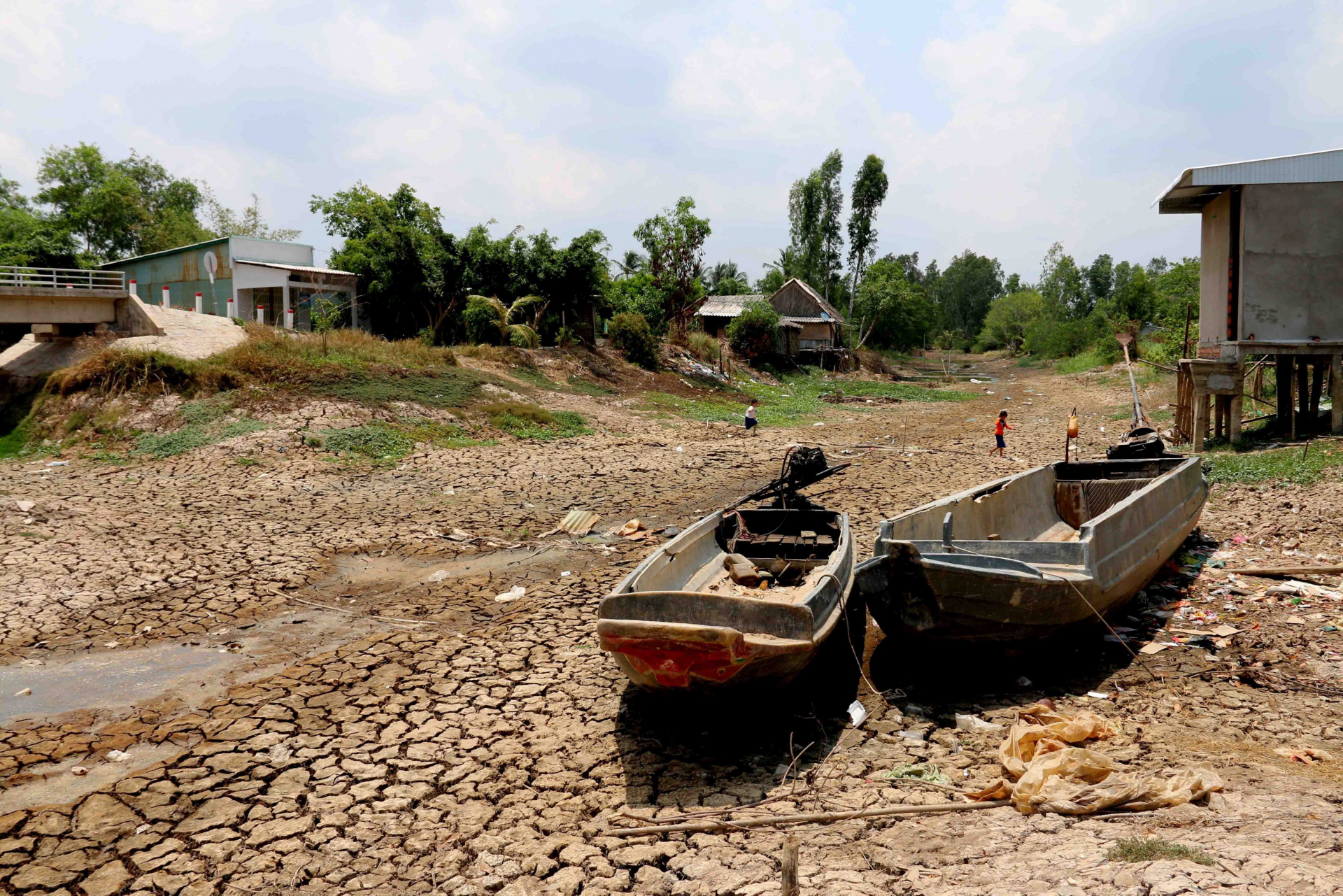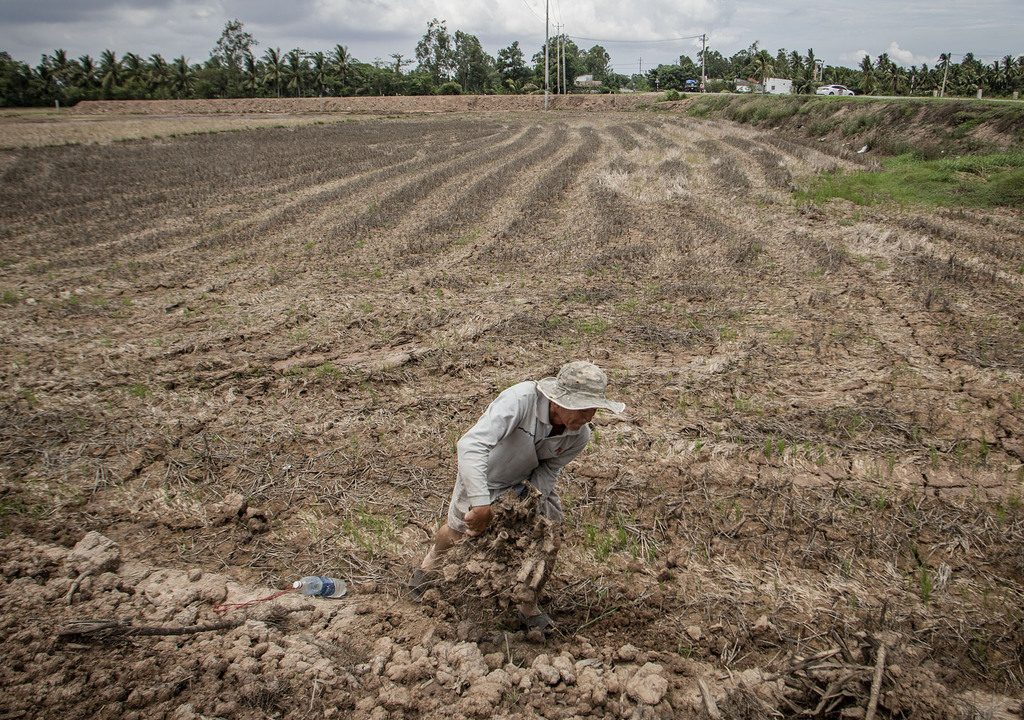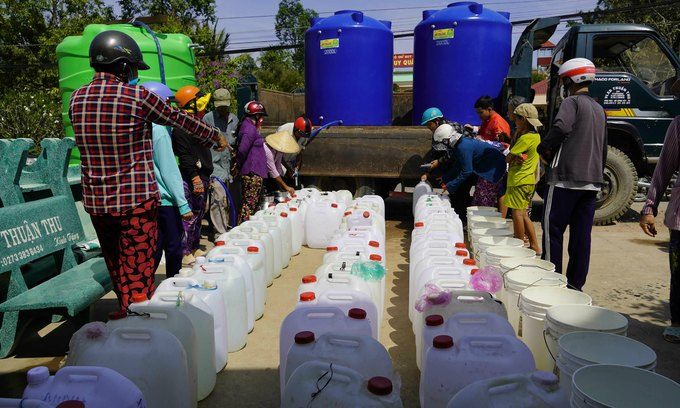Record drought and salinity with desperate fresh water shortage, Mekong Delta crying for help
Vietnam’s prolonged drought, coupled with an extensive build-up of salinity, has driven five provinces in the Mekong Delta’s ‘rice basket’ — Kien Giang, Ben Tre, Tien Giang, Ca Mau, and Long An — to declare a state of emergency.
The Mekong Delta, which produces more than half of the country’s rice, has so far seen a total of 33,000 hectares of rice paddies damaged and nearly 70,000 households suffering from the lack of water, according to the Vietnam Government Portal.
|
|
| Historic drought and salinity intrusion in Mekong Delta localities. Photo: topvietnamtravel |
Known as the ‘rice bowl’ of Vietnam, Mekong Delta is home to more than 20 million Vietnamese. For the past 3 centuries, it’s been the kingdom of freshwater the feeds the life of millions of people, a majority of whom is farmers and gardeners.
|
|
| Unfortunately, this lush scenery is facing the biggest threat ever: Mekong Delta is running out of the freshwater. Photo: topvietnamtravel |
With the summer season reaching up to 37°C well on its way, it couldn’t have been a more unfortunate timing as the people of the Southeastern region brace for a drought that limits water supply both for agriculture and for daily use.
It’s already bad news that lower levels of rainfall arrived late compared to the previous years, the saline intrusion is becoming a major threat in damaging the ecosystem.
|
|
| Photo: topvietnamtravel |
With the ensuing water shortage and the increase of non-potable water supply expected to hit the majority of the delta localities, authorities have been taking the initiative to combat the impact it brings.
Neighboring provinces have heeded the call to assist the cause by supplying fresh water to the reservoir, and more importantly, to the people that desperately need it.
Tien Giang Province in southern Vietnam plans to spend VND400 billion (nearly $17 million) on a reservoir to store freshwater, said vnexpress.
The reservoir would provide water for over 800,000 people in times of drought and salt water intrusion, said Nguyen Thien Phap, an official from the province’s Department of Agriculture and Rural Development.
It would cover the entire Nguyen Tat Thanh Canal, 19 kilometers long and 65 meters wide, passing through Chau Thanh and Tan Phuoc Districts. The canal links with the Tien River, a tributary of the Mekong River.
|
|
| People in Vinh Huu Commune, Go Cong Tay District of Tien Giang Province wait in line to get free freshwater provided from a benefactor, March 17, 2020. Photo by VnExpress |
The province expects to spend two years constructing the reservoir, which will become one of the two largest manmade freshwater bodies in the delta once completed, besides Kenh Lap in Ben Tre Province.
"As salt intrusion kicks in this year, the province has interfered in time to prevent part of the salinity by building a temporary dam on the side that meets the Tien River. Accordingly, we have saved enough freshwater to support both daily and farming activities in the region," Phap said.
During the dry season this year, which normally lasts from late November to late April, Mekong Delta, home to 12 provinces and one city, was hit by the worst drought ever, alongside historic levels of salinity.
The rainy season arrived late last year and was shorter than usual, resulting in rainfall 8 percent lower than normal at 1,240 mm, according the Ministry of Agriculture and Rural Development.
A series of upstream dams in China have been blamed for holding back the natural flow of water supposed to run south, the sea level rise, and the gradual sinking of southern Vietnam.
Tien Giang and four other Mekong Delta peers, Ben Tre, Long An, Kien Giang and Ca Mau had to declare an emergency in early March, followed by Soc Trang last week.
By mid-March, saltwater had intruded 50-110 kilometers into major rivers, all branches of the Mekong, two to eight kilometers more than in 2016, when the region was hit by the worst drought in a century.
So far this year, drought and salt intrusion has damaged 43,000 hectares of rice fields and caused 80,000 families to lack water.
What is waiting in the future is an untold story. This is the bigger scene that heavily relies on the union of the countries sharing benefits of the Mekong River.
Hydroelectric Dams and Responsibility of Upstream Countries
The Lancang River, which is the upper half and a majority of the Mekong River that runs along the territory of China has seen more than quite a few constructions in recent years.
With more than a dozen hydropower projects slated by the Chinese regime, more precisely in the building of a dam in Luang Prabang, Laos, this triggers a chain of reaction that severely impacts the downstream territories.
| Given the inevitable drought brought by the summer season, coupled with the construction of dams in those parts of the water channel, and you’ve got a recipe for a disaster with alarming consequences that undermine farms and fisheries that depend on the Mekong River. Not only can the Indochina governments interfere with the survival of the Mekong Delta, but tourists can also leave an impact. What you can do right now is to share this news and status to your community. Other than that, consider visiting the Mekong Delta to witness what is actually happening in this region and contribute your ideas to the revive of this giant land. |
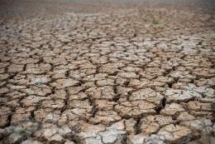 | Salinity, droughts to come earlier in Mekong Delta Salinity and droughts will come earlier and be more severe than in the 2018-2019 dry season in the Mekong Delta, according to Hoang Phuc Lam, ... |
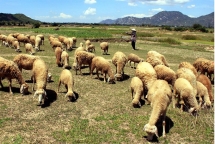 | Drought threatens farmers in south-central region Lower water levels in reservoirs and barren farmland can be easily seen in many parts of the south-central and Central Highlands region even though it ... |
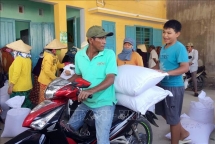 | Over 1,100 tonnes of rice provided to locals in drought-hit Ninh Thuan Over the past three days, more than 1,100 tonnes of rice sourced from the national reserves were provided to 16,818 households with a total of ... |
Recommended
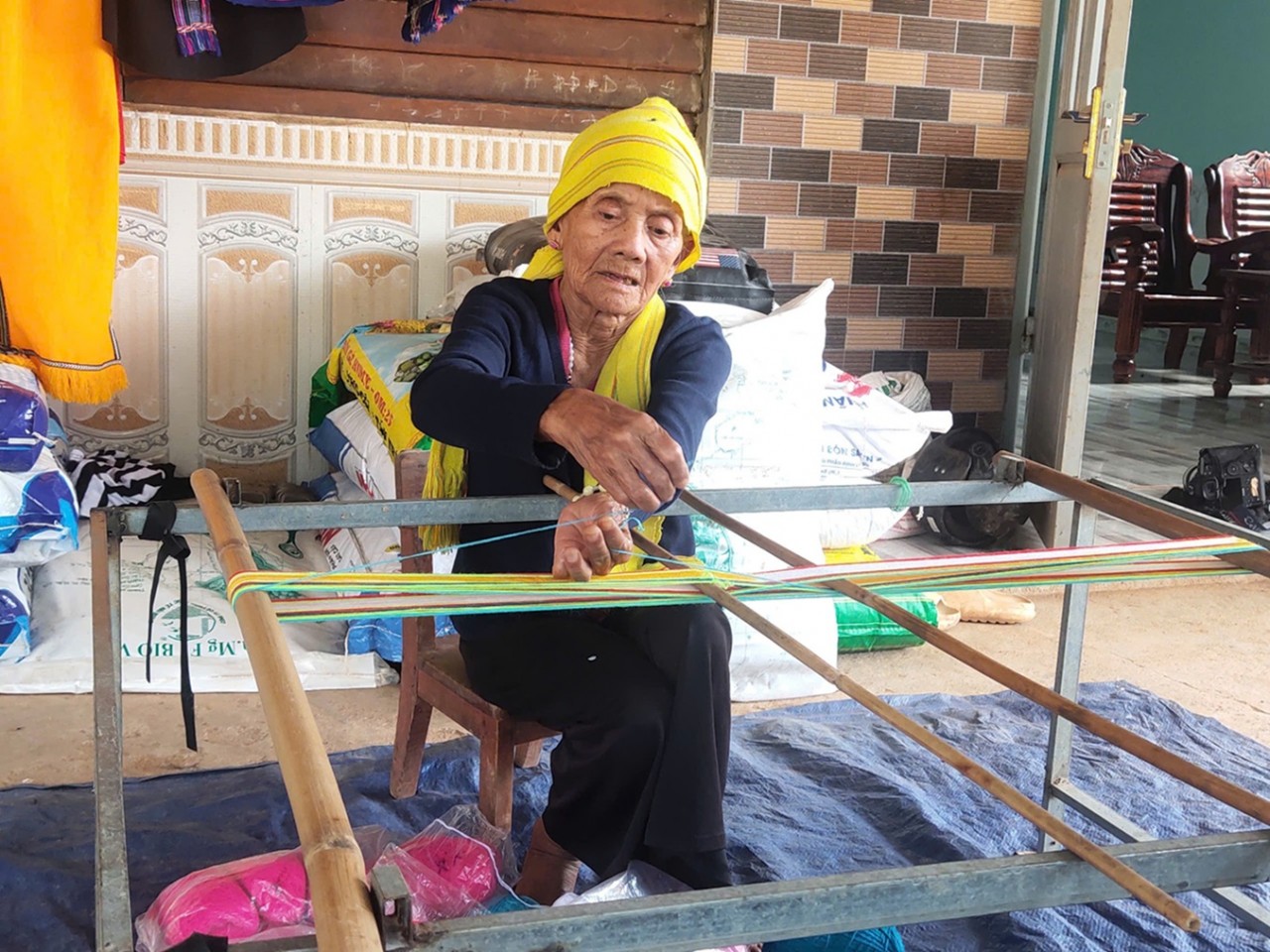 Viet's Home
Viet's Home
Hands that Reserve Da Long Brocade Craft
 Viet's Home
Viet's Home
Da Rsal – How Digital Transformation Reshape a Poor Commune
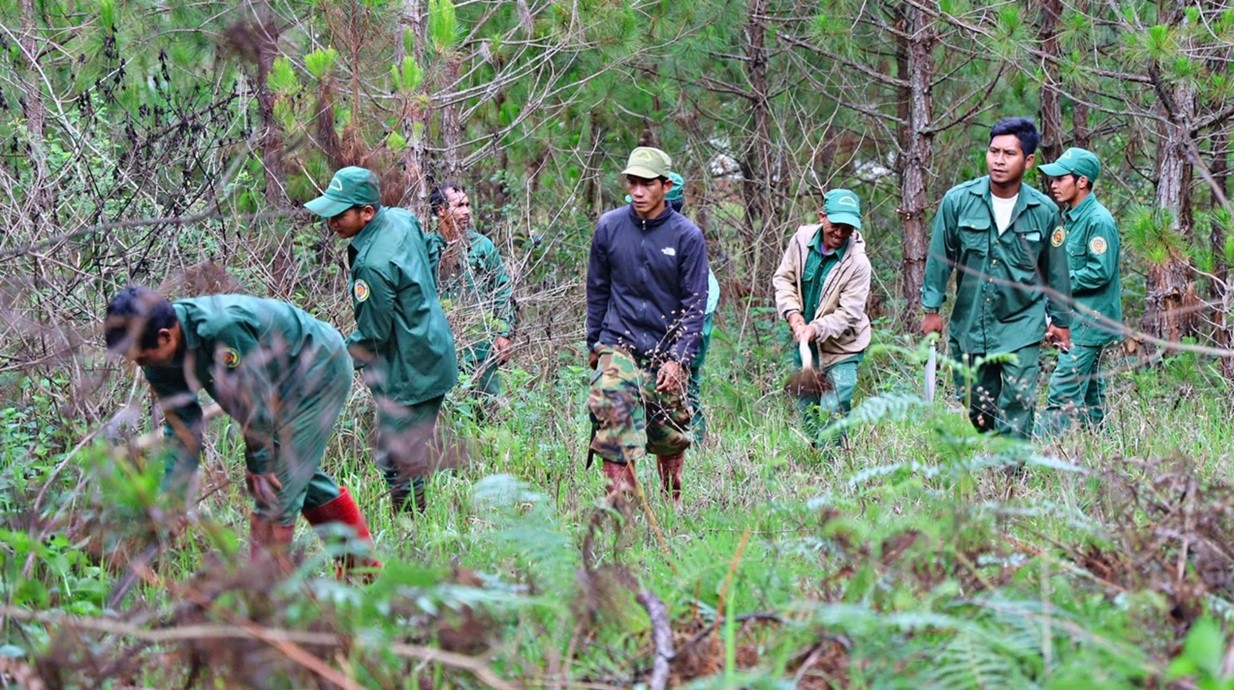 Viet's Home
Viet's Home
Vietnam Classified as “Low Risk” Under the EU Anti-Deforestation Regulation
 Viet's Home
Viet's Home
Vietnamese Architect Wins the Diversity in Architecture Award 2025
Popular article
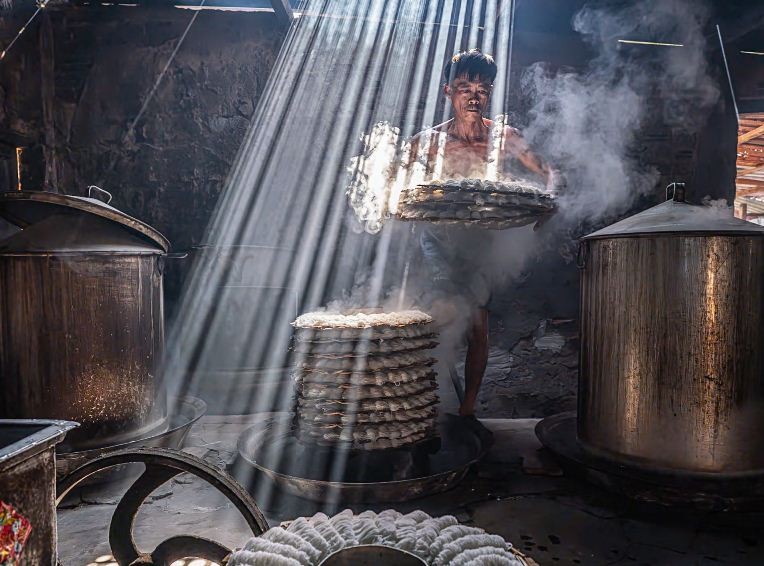 Viet's Home
Viet's Home
Vietnamese Photographer Triumph in Global Food Photography Contest
 Viet's Home
Viet's Home
The Asia Foundation Awards 101 Scholarships to Can Tho Female Students
 Viet's Home
Viet's Home
Ho Chi Minh And Deep Admiration in the Memories of International friends
 Viet's Home
Viet's Home

